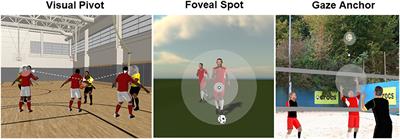EDITORIAL
Published on 22 Oct 2020
Editorial: The Role of Eye Movements in Sports and Active Living
doi 10.3389/fspor.2020.603206
- 3,833 views
- 5 citations
13k
Total downloads
83k
Total views and downloads
You will be redirected to our submission process.
EDITORIAL
Published on 22 Oct 2020
ORIGINAL RESEARCH
Published on 12 Aug 2020
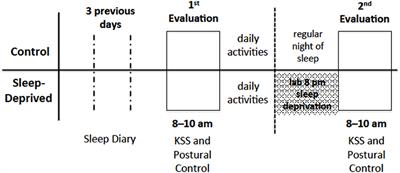
ORIGINAL RESEARCH
Published on 01 Jul 2020
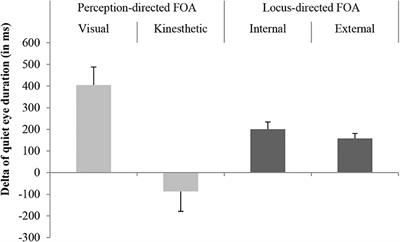
ORIGINAL RESEARCH
Published on 26 Jun 2020
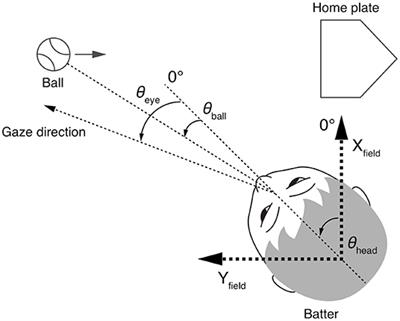
ORIGINAL RESEARCH
Published on 29 Apr 2020

BRIEF RESEARCH REPORT
Published on 11 Mar 2020
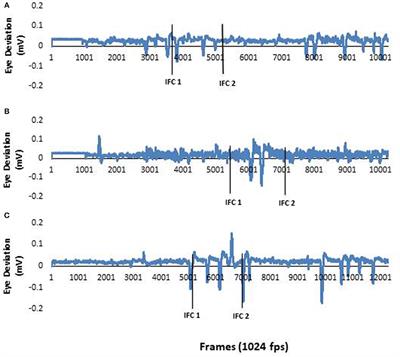
ORIGINAL RESEARCH
Published on 04 Feb 2020
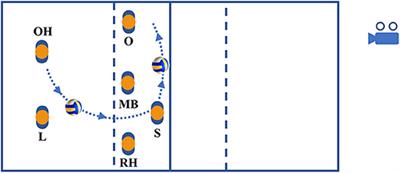
ORIGINAL RESEARCH
Published on 29 Jan 2020
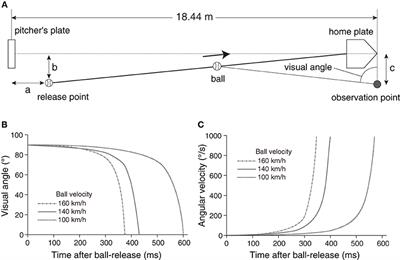
REVIEW
Published on 28 Jan 2020
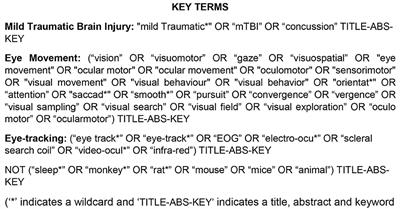
ORIGINAL RESEARCH
Published on 14 Jan 2020
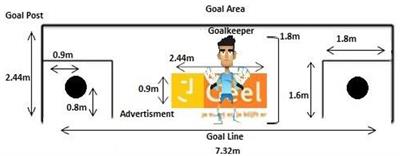
PERSPECTIVE
Published on 09 Jan 2020
